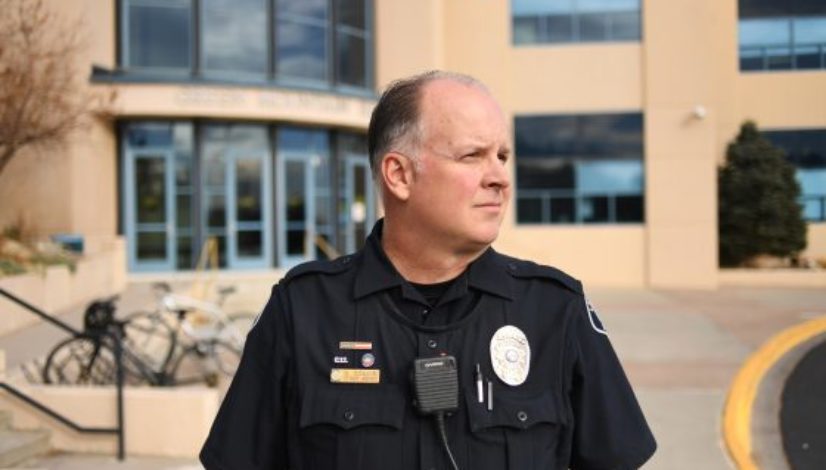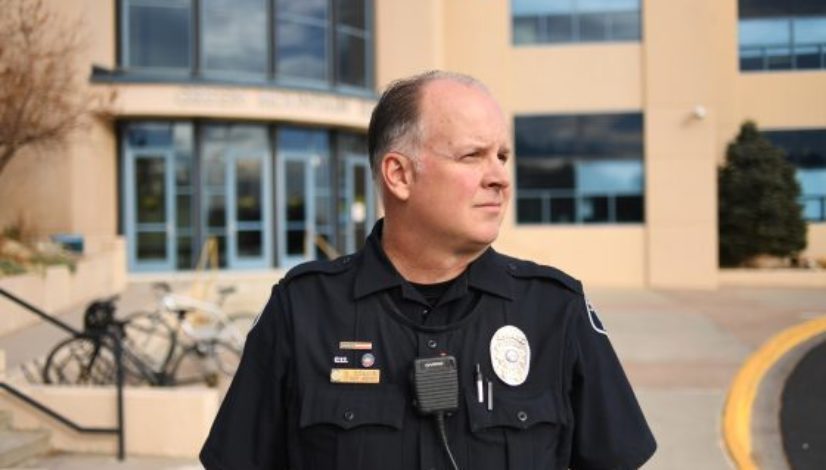Surveys Colorado uses to track youth marijuana use are flawed, critics say

Published: Dec 22, 2017, 6:20 am • Updated: Dec 22, 2017, 10:09 am
By David Migoya, The Denver Post
In July 2017, Attorney General Jeff Sessions wrote the governors of Colorado, Alaska, Oregon and Washington – the first four states to legalize recreational marijuana – and questioned whether their respective regulatory systems were effective in enforcing federal guidelines on marijuana, especially keeping it from children.
In a response letter, Colorado Gov. John Hickenlooper outlined a number of things the state had done in accomplishing that goal, and pointed to and called “encouraging” several data sources as evidence, including the state’s biennial Healthy Kids Colorado survey, and one called Monitoring the Future in the Journal of American Medical Association Pediatrics.
But each of those studies is flawed, according to critics.
The Healthy Kids study in 2015, for instance, did not include information from dozens of schools in Jefferson, Douglas, El Paso and Weld counties, some of the largest in the state. And the response rate from all the other public schools was just 46 percent.
And the Monitoring the Future study, which is designed to reflect the nation rather than the individual states, only culls information relative to a state’s size. Since Colorado holds about 1.6 percent of the U.S. population, the study relied on only surveying that percentage of the schools – just four from across the state, three of them middle schools.
Many school resource officers, the on-duty police sworn to uphold the law, say school officials have been good to let them know about marijuana incidents, and data collected by the Colorado Department of Education show principals can be vigilant in ensuring the SROs are involved in every incident. But others aren’t so inclusive, leaving officers out of the loop.
That inconsistency has made it difficult to precisely pinpoint just how marijuana is impacting the schools.
More on teen use
- Where do teens get their marijuana? School cops say parents, other family members
- Colorado school police dispute notion that teen marijuana use is down
- Is vaping a factor in teen use of marijuana?
- Teen marijuana use in Colorado down post-legalization
- Weed replacing alcohol as substance of choice for some teens
“We’ve not changed so much in the manner of (dealing with) a child in possession,” Denver Police School Resource Officer Rich Blea said of his 11 years at Lincoln High School. “If the staff identifies it, they get us involved and we respond.”
Part the problem is how the data is reported, state officials say.
“This could include reasons such as not fitting the reporting definition or the behavior isn’t actually criminal,” Education Department spokesman Jeremy Meyer said. “It also could be because local policy prescribes graduated interventions for holding a student accountable, which could include using referrals to law enforcement as a means of last resort.”
The Rocky Mountain High Intensity Drug Trafficking Area asked guidance counselors about what they have seen since legalization. Members of the Colorado School Counselor Association responded much as the officers had: it wasn’t uncommon to see kids high at school.
“I met with at least 5 students … that have been showing significant signs of drug use or were caught, and they all said they will not stop using weed on a daily basis,” one counselor responded to the anonymous survey, a copy of which was provided to The Denver Post. “Their justification was it’s fine because it’s legal. If it’s legal, it’s not as bad as what adults say about the risks.”
Said another: “More and more students are coming back to school high after lunch.”
The counselors’ association did not participate in the 2016 or 2017 survey, the task force said.
The counselors’ association told The Post that some of its responses were interpreted in a manner “that was not favorable for our profession and it didn’t seem prudent to continue.”
Related: Op-ed: Colorado officials should speak out on fake marijuana data used by feds
This story was first published on DenverPost.com
Topics: Colorado, Healthy Kids Colorado Survey, police, schools, teen use, teens




